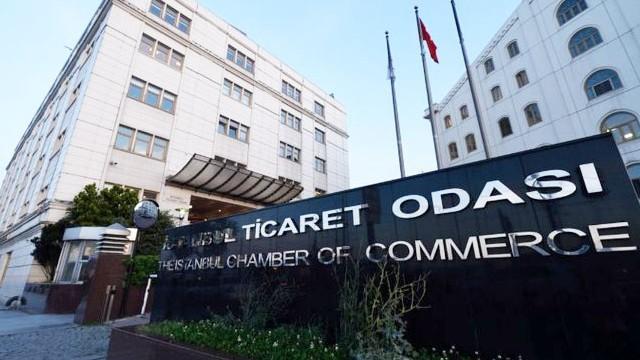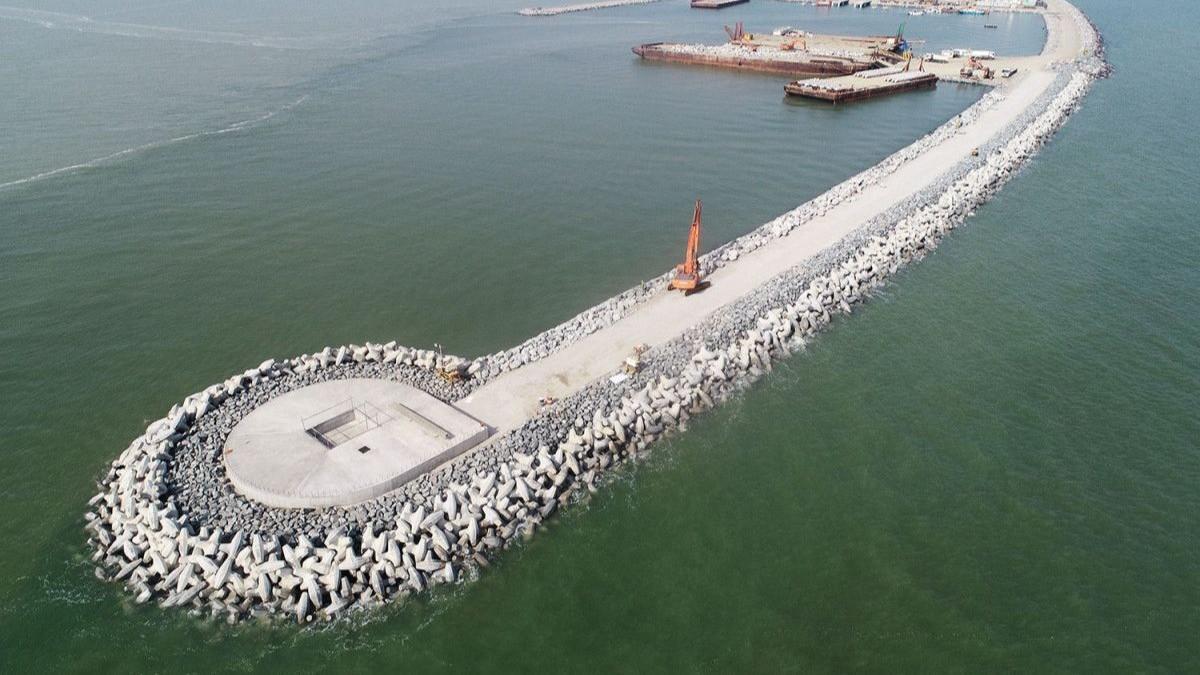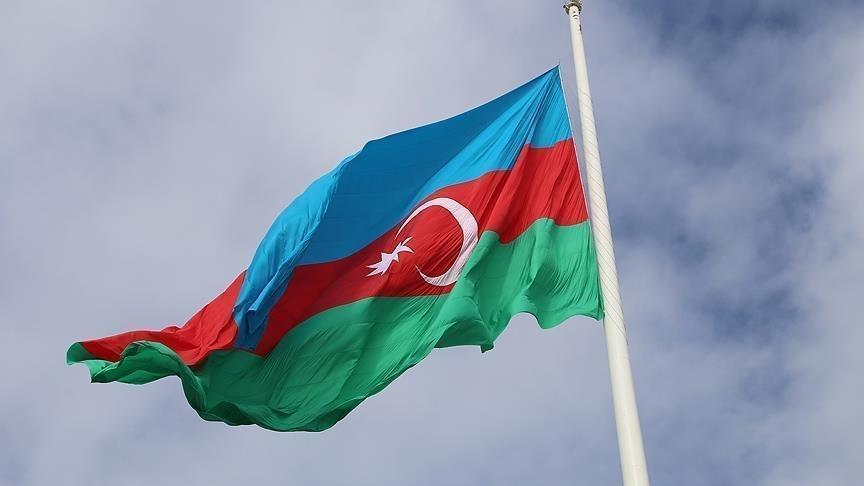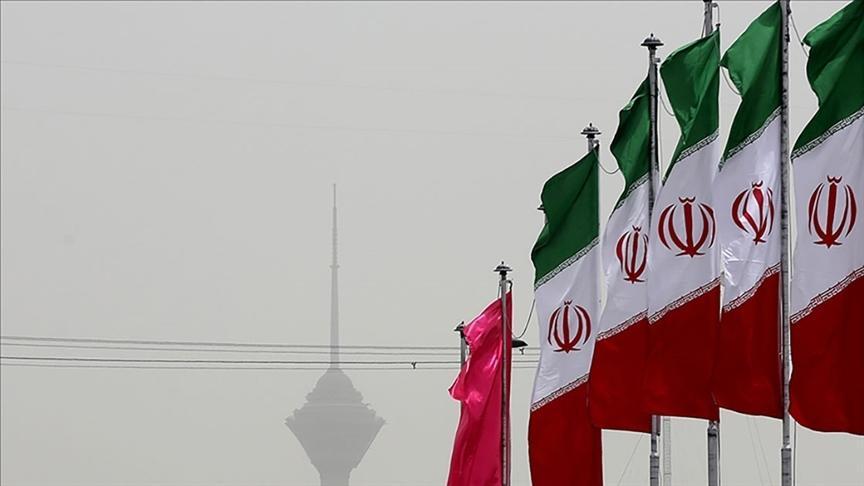Turkey’s new proposal to Russia on Idlib
Turkish Foreign Minister Mevlüt Çavuşoğlu on Sept. 11 said at a press conference in Bucharest that if the Syrian regime and Russian attacks on the Syrian province of Idlib stopped, Turkey was ready to “work together with all partners” to end the presence of terrorist groups in the region.
“Why should it be necessary to kill a lot of civilians, women and children?” Çavuşoğlu asked. “We can take a step together for a solution.” He named Russia, Iran, France and Britain as partners, while adding “and other than that all partners” in Syria, without particularly naming the Syrian regime.
Turkey had downgraded its relations with the Bashar al-Assad government in Syria in 2012, saying that there cannot be a solution with al-Assad ruling the country.
Çavuşoğlu’s statement came a few hours after a statement by Russian Deputy Foreign Minister Sergey Ryabkov, who said “not everything in the positions of Russia and Turkey on Syria may match 100 percent, but the parties are looking for a common denominator.” Ryabkov also said they were “striving” to find the “greatest common denominator,” not the “least” one with Turkey on Syria.
Turkey had actually taken an important step before a Tehran meeting on Sept. 7, between Turkish President Tayyip Erdoğan, Russian President Vladimir Putin and Iranian President Hassan Rouhani, by silently putting Hayat Tahrir al-Sham (HTS) on its list of terrorist organizations. The HTS was founded when al-Qaeda-affiliate al-Nusra disbanded in 2017. By doing that, Turkey has given two important messages to parties on the Syrian ground. The first message was addressed to Russia, Iran, the U.S. and others that Turkey was ready to fight terrorists, showing an understanding that it separated them from civilians. The second message was addressed to those in the HTS who might use the opportunity as a last chance to abandon the group to not be targeted by Turkey and others.
In his piece for the Wall Street Journal on Sept. 11, where President Erdoğan said Syria, backed by Russia, should not use the anti-terror fight as a pretext to finish off all opposition groups in the country, he was probably paving the way for such a move. It may not be very easy to separate terrorists from civilians, mainly because they are in plain clothes, not in regular army uniforms, making it easy for them to embed with the locals; they would also do their best to threaten locals not to turn them in. But it would be worth giving a try to prevent another wave of migration and flow of terrorists from Syria into Turkey, which could affect European Union states too. Idlib is only around 35 kilometers from the Turkish border.
Recent statements from the Russian and Turkish sides also showed that hopes have not been exhausted yet in finding a solution to the problem, both to defeat terrorists and prevent civilian casualties, while also avoiding a flow of migrants and terrorists out of Syria.











